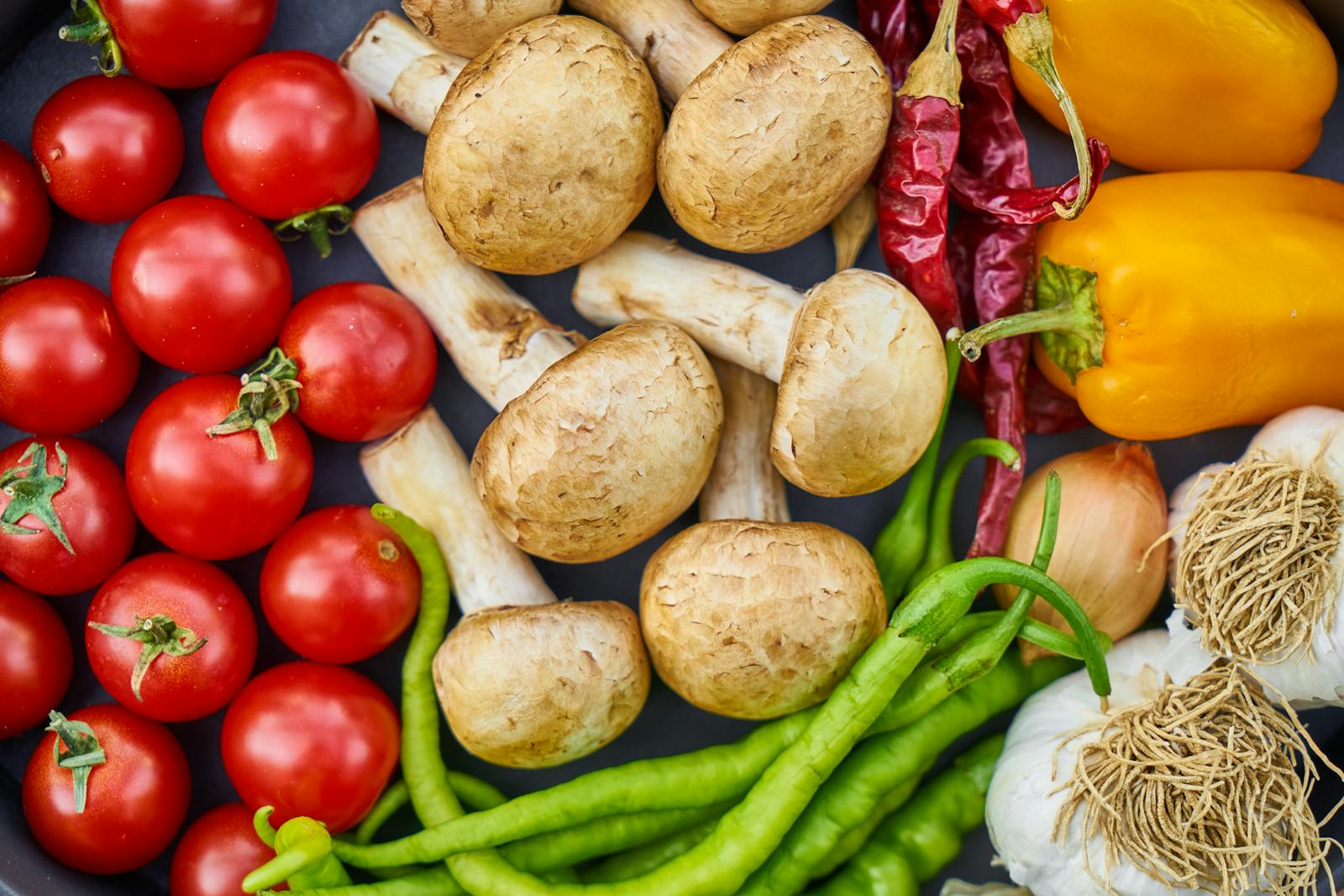paleo diet definition - An Overview
paleo diet definition - An Overview
Blog Article

The Caveman diet is a popular way of eating that encourages consuming natural foods that our ancestors survived on thousands of years ago. By cutting out processed foods, the Paleo diet provides an opportunity to support overall health and prevent chronic disease.
Understanding the Paleo Diet
The Paleolithic diet is based on the premise that our bodies are designed for eating the types of nourishment our prehistoric humans ate during the Paleolithic era, which occurred from roughly 2.5 million to 10,000 years ago. This way of eating includes:
- Animal proteins (preferably grass-fed or wild-caught)
- Nutrient-dense produce
- Nuts and seeds
- Beneficial fats, such as olive oil
On the flip side, the diet cuts out modern manufactured products that have entered in the last few generations, including:
- Grain-based foods
- Milk and cheese
- Added sugars
- Pulses
Benefits of the Paleo Diet
The Paleo diet offers a wide range of positive outcomes that help enhance overall wellness. Here are some of the most notable benefits:
- Natural weight management: Thanks to its emphasis on whole foods and avoiding processed junk, the Paleo diet helps you burn fat and stay in shape.
- Better gut health: Given that the Paleo diet eliminates grains, dairy, and legumes, many people experience less bloating and discomfort, particularly for those who struggle with these foods.
- Increased energy: Those on the Paleo diet report increased vitality, as unprocessed, nutrient-packed foods provide more stable energy release than sugar-laden foods.
- Reduced inflammation: Thanks to its emphasis on anti-inflammatory foods, the Paleo diet helps lower inflammatory markers, a key driver of many health conditions.
Beginning Your Paleo Journey
If you’re ready to the Paleo diet, here are some tips to start:
- Prioritize whole, natural ingredients: Buy fresh vegetables, lean meats, and nutrient-rich fats.
- Ditch refined foods: Go through your pantry and get rid of anything with artificial ingredients like chips, candy, and soda.
- Meal prep: Make it easy to stick to the Paleo diet by making meals in advance that emphasize unprocessed ingredients.
- Drink plenty of water: Water is crucial in every healthy lifestyle. Make sure you’re staying hydrated throughout the day.
- Listen to your body: The key to success with the Paleo diet is that it allows you to listen to your hunger cues—no need for strict portion control.
Final Thoughts
The Paleo diet provides an effective approach to health by prioritizing whole, unprocessed foods. By cutting out modern refined products, it can support sustainable wellness, making it an ideal way to support overall paleo diet before and after vitality.
© Copyright 2022
Report this page